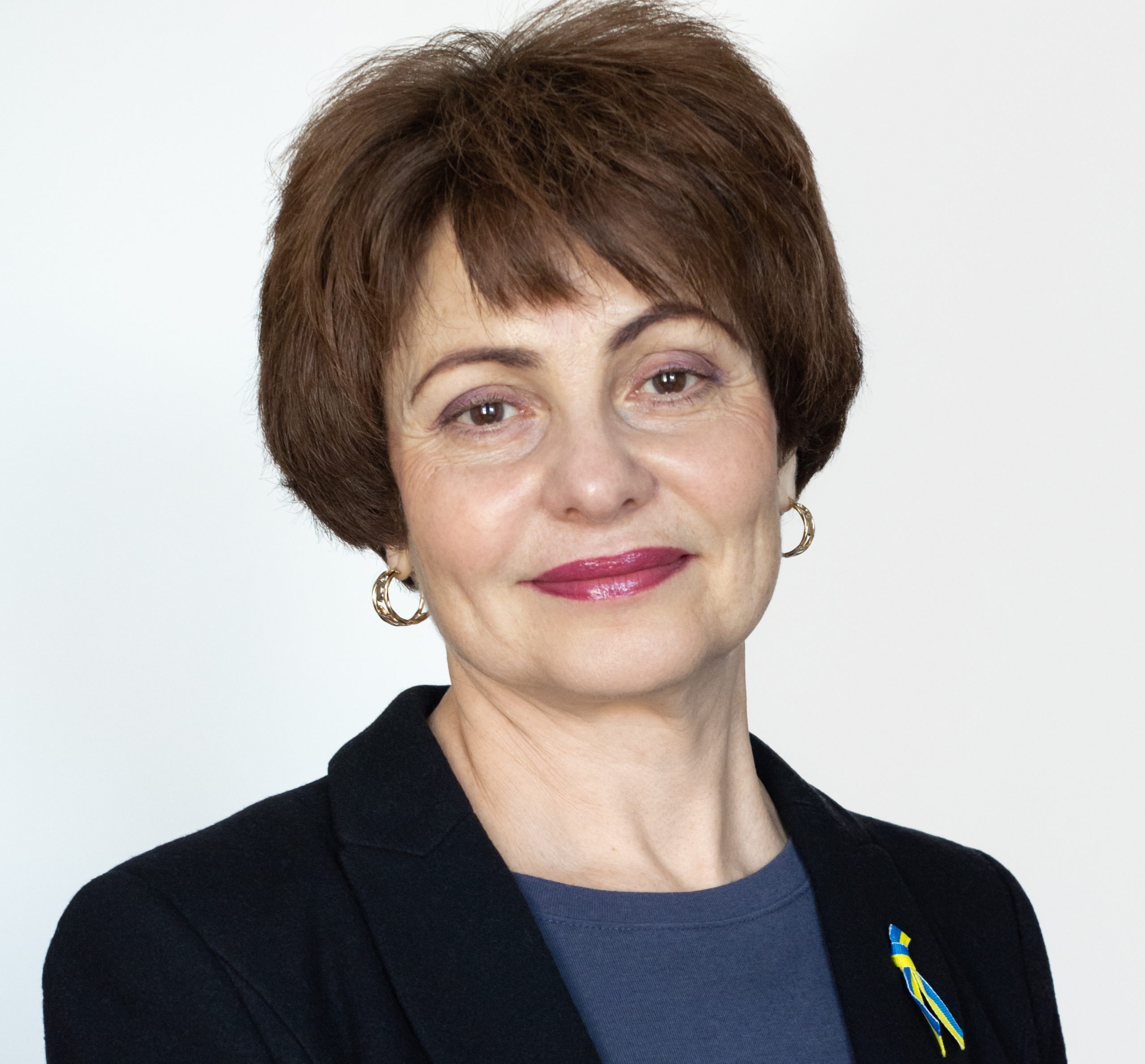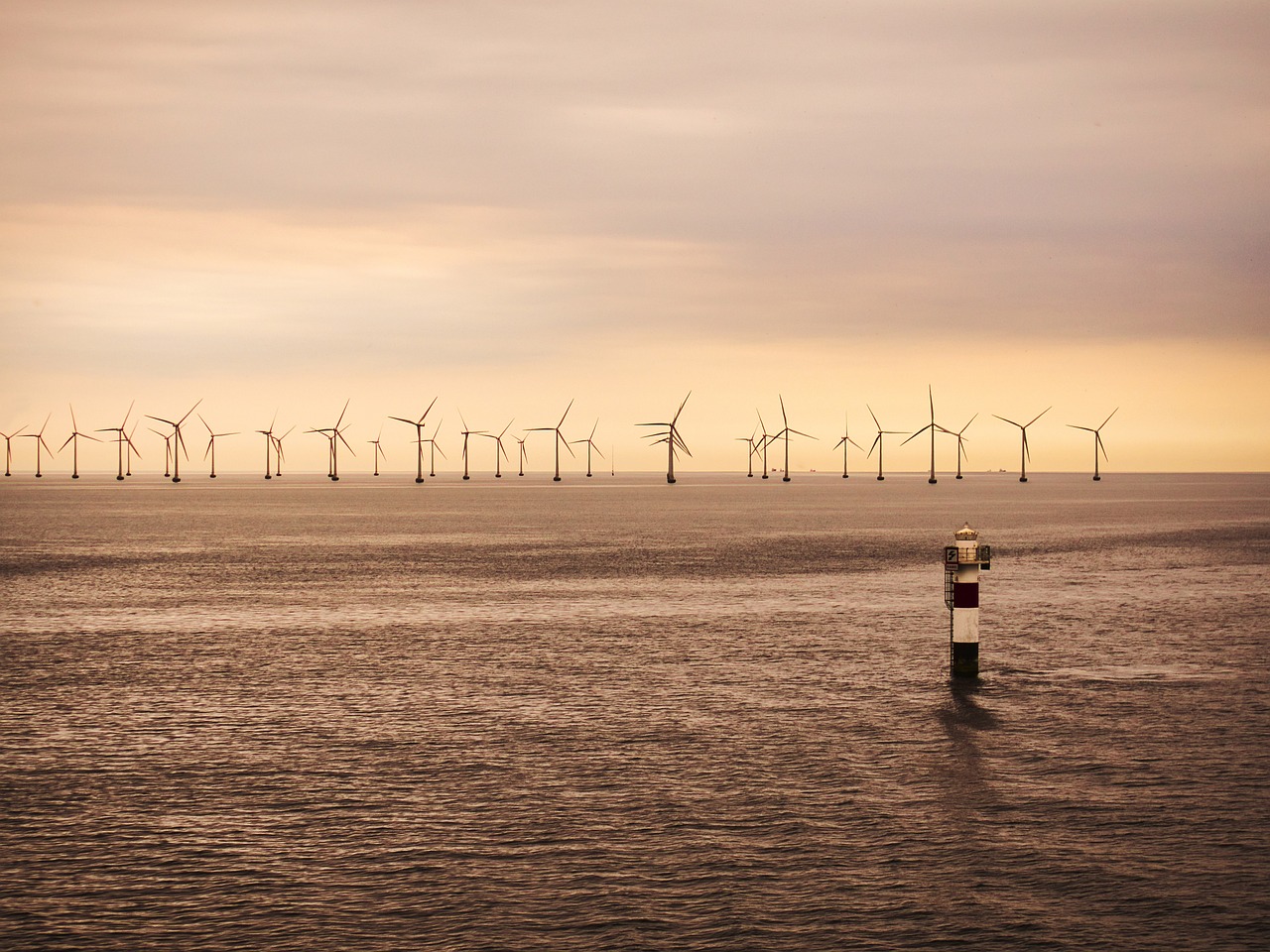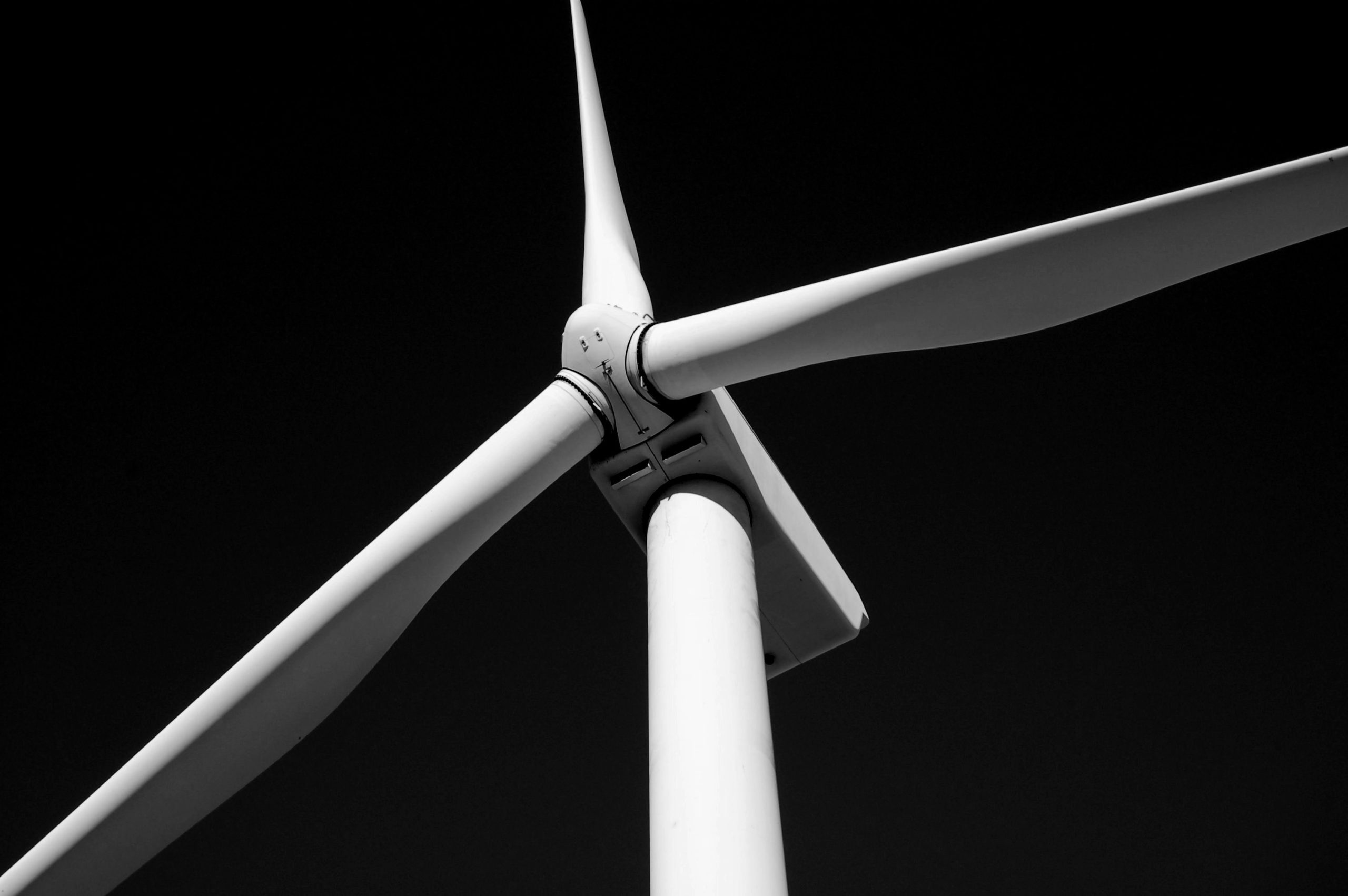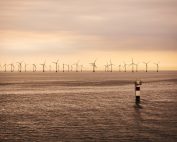“Russia’s attempt to use energy as a weapon has highlighted the obvious truth that dependence on fossil fuels makes any country weak, vulnerable and dependent”, says Galina Shmidt, Board Member of the Ukrainian Wind Energy Association and Vice President of the World Wind Energy Association, in the BalticWind.EU podcast on the first passed year of Russian aggression against Ukraine.
One year after the beginning of Russian aggression against Ukraine, Galina Shmidt, Board Member of the Ukrainian Wind Energy Association and Vice President of the World Wind Energy Association, was a guest on our podcast. The conversation was not only about energy, but also about the future of Ukraine, the prospect of European Union membership and the changes that need to happen to make this possible.
Ukrainian energy sector has been on the aggressor’s target since the beginning of the war. Russian missiles hit power plants.
“The effect of all these attacks was destruction and damage to almost 50% of Ukraine’s electricity system. According to the December 2022 assessment, the total amount of documented damage to Ukraine’s infrastructure is estimated at almost $138 billion”, reports Galina Shmidt.
Galina also acknowledges that the response of the European Union, as well as the response of individual countries, to Russian aggression has been adequate:
“First and foremost, I would like to express my deepest and sincere gratitude to all Europeans, our friends from Poland, for your strength and continued support from the first days of this terrible and barbaric invasion”.
The destruction of critical infrastructure in Ukraine, with restrictions on the import of energy resources, has led to an energy crisis, which Russia has exploited in an attempt to blackmail Europe. This is why, as Galina Shmidt, from Ukrainian Wind Energy Association, acknowledges in the interview, the EU’s REPowerEU plan was welcomed.
“Russia’s attempt to use energy as a weapon has highlighted the obvious truth that dependence on fossil fuels makes any country weak, vulnerable and dependent”, Galina Shmidt emphasised in the interview.
She adds that experiencing Russian aggression has influenced awareness of the need to diversify energy supplies in Ukraine as well, which has resulted in the draft National Renewable Energy Action Plan 2030. It envisages obtaining 27% of total final consumption from RES.
“Today, the reconstruction of the energy sector is a song of the future, but we need to think about it now, prepare legislation, plans and look for investors. The war has affected the perception of Ukraine’s energy transition, it has become one of the urgent and critical issues. The decarbonisation of the entire Ukrainian economy should be one of the main priorities in post-war reconstruction”, Galina Shmidt declares.
Our interlocutor also acknowledges that amidst all the horrors of war, violence, it is worth seeing the positives, and she sees the opening of a new chapter in Ukraine’s relations with the European Union as such, with the prospect of membership seeming closer than ever.
“Ukraine’s integration into the EU will become a major factor determining the direction of the post-war energy reconstruction of the entire country. A stable renewable energy policy and specific targets will provide the market with the certainty needed to attract investment for post-war reconstruction”, she adds.
In addition, the representative of the Ukrainian Wind Energy Association noted how important it is in Ukraine to accelerate the implementation of renewable energy and the need to pass the long-awaited key laws for this process.
“First of all, the draft law was developed by the Minister of Energy and already registered in our Parliament as early as November 2022. The law creates conditions for the completion of the construction of RES projects and provides for a two-year extension of power plant commissioning trials and validity of technical conditions for grid connection due to Russian aggression”, she reports.
To date, nuclear power has been extremely popular in Ukraine as the main technology, in opposition to coal. However, as our interlocutor points out, the production of electricity in Ukrainian nuclear power plants is associated with a number of problems that cannot be solved quickly. One of them is the extension of current nuclear power plants’ life, another is ‘nuclear terrorism’.
In the interview, Galina Shmidt also raises the issue, the centralised nature of Ukraine’s electricity system.
“Nowadays it is clear to our decision-makers that this system no longer works. Therefore, we should change our power system. We should decentralise it, because such a system is, above all, less susceptible to missile attacks”, she stresses, adding that it is necessary to think about the future today.
“Once again, I would like to express my gratitude to the European Union for setting up a special energy support fund for Ukraine to mitigate the impact of Russian attacks on critical energy infrastructure. These funds are being used to finance the most urgent needs of Ukrainian energy companies, such as spare parts for equipment and fuels and services needed to repair infrastructure and maintain energy, which is of course very, very important for the country and for our citizens”.
Shmidt points out that in order to rebuild Ukraine’s electricity system, technological and industrial partnerships with the European Union and all other allies, as well as countries around the world, will be necessary as well as huge investments.














